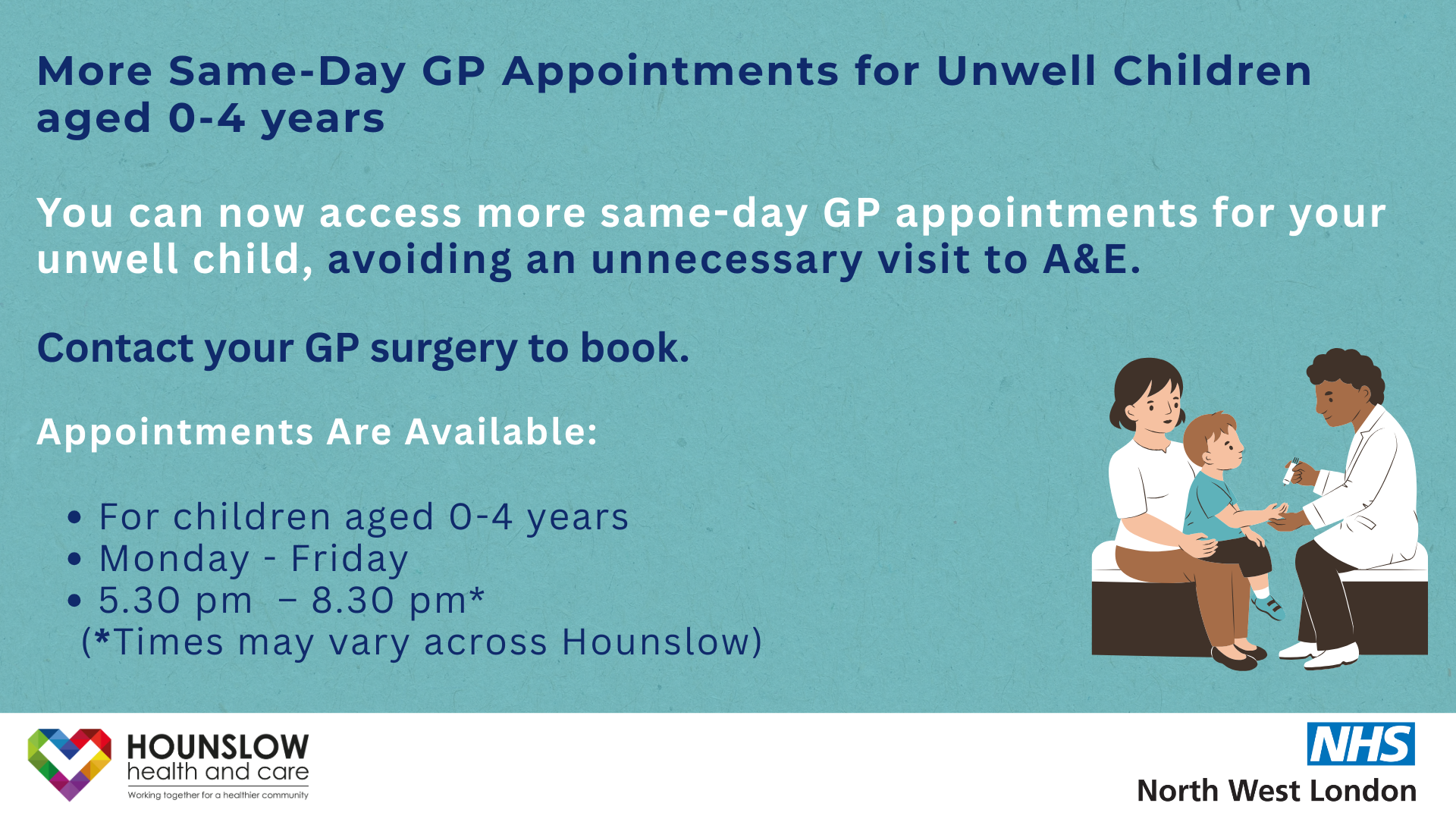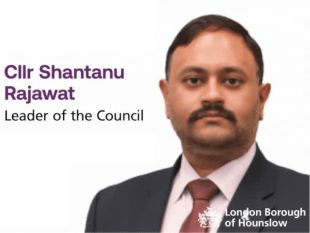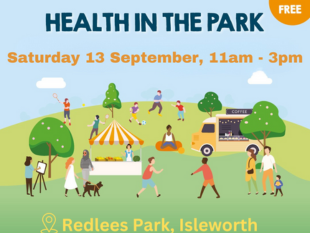-
Hounslow Green Investment Reaches £1 Million Milestone
Hounslow Council’s Green Investment Fund has reached a £1 million milestone.

-
More Same-Day GP Appointments for Under-5s Launched in Hounslow
Parents and carers in Hounslow now have access to an additional 750 same-day GP appointments every month for children aged 0–4 years, as part of a new initiative to give families quicker, safer care,

-
Hounslow stands together against hatred and division
A message from Councillor Shantanu Rajawat, Leader of Hounslow Council.

-
Hounslow launches Advance for Growth 2025
Hounslow Council, in partnership with JCDecaux UK and West London Chambers of Commerce, has launched the 2025 Advance for Growth competition.

-
Hounslow Council to celebrate Black History Month with special event
Held at Hounslow House, the event aims to celebrate Black communities’ role in World War Two – honouring their sacrifices and contribution to post-war Britain.

-
Hounslow Council empowers local groups with £150,000 Community Energy Fund
Community groups across Hounslow are being invited to apply for a share of £150,000 to deliver projects that cut carbon emissions, boost energy efficiency, and lower running costs.

-
Hounslow Youth Council launches recruitment drive
The Hounslow Youth Council (HYC) is calling on enthusiastic young people to join and help shape a brighter future across the borough.

-
Celebrate 60 years of the London Borough of Hounslow with free exhibition
2025 marks 60 years of the London Borough of Hounslow and this autumn the Council is hosting a free exhibition for residents to enjoy.

-
Hounslow hosts launch of London’s UK/Poland Season
This year’s UK/Poland Season is launching in Hounslow, with a diverse programme of free, multi-artform events from the festival Theatre is Freedom – Teatr to Wolność.

-
Health in the Park – Still Going Ahead this Saturday with Indoor Options!
The much-anticipated Health in the Park event will take place this Saturday 13 September, at Redlees Park, Isleworth, TW7 6DW as planned.


